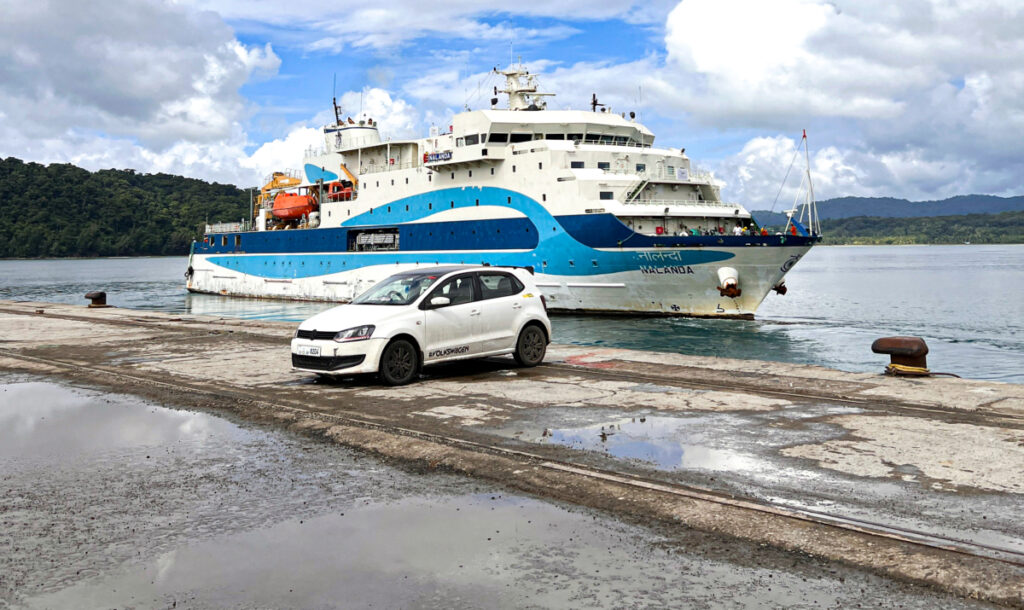Fare Hikes on Sindhu/Nalanda Vessels Raise Concerns for Remote Islanders and Impact Tourism Industry in the Andaman & Nicobar Islands
The impending fare revisions for the Sindhu and Nalanda vessels operating between Port Blair and Campbell Bay have not only stirred concerns among residents of remote areas but also cast a shadow on the local tourism industry. Scheduled to take effect on April 1st, 2024, the revised fares have triggered apprehension among both Islanders and Non-Islanders who heavily depend on these ferry services for various purposes, including medical treatment, connecting to the mainland, and exploring the scenic beauty of the Andaman and Nicobar Islands.
Here’s a breakdown of the fare revisions for both Islanders and Non-Islanders across different classes, comparing the existing rates for the fiscal year 2023-2024 with the new rates slated for 2024-2025:
| Fare Class | Islanders | Non-Islanders |
|---|---|---|
| Deluxe Existing (2023-24) | ₹3100 | ₹5380 |
| Deluxe New (2024-25) | ₹3255 | ₹5650 |
| First Class Existing (2023-24) | ₹2480 | ₹4955 |
| First Class New (2024-25) | ₹2605 | ₹5205 |
| 2nd Class Existing (2023-24) | ₹1860 | ₹4950 |
| 2nd Class New (2024-25) | ₹1955 | ₹5200 |
| Bunk Existing (2023-24) | ₹1240 | ₹3720 |
| Bunk New (2024-25) | ₹1305 | ₹3910 |
| Seat Existing (2023-24) | ₹620 | ₹1325 |
| Seat New (2024-25) | ₹655 | ₹1490 |
The substantial increase in fares, particularly noticeable in the difference between Non-Islander and Islander fares, has left residents, especially those in remote regions like Great Nicobar Island, concerned about the affordability of essential travel.
However, it’s worth noting that the fare hikes for Non-Islanders have been justified from a tourism perspective. The government aims to promote high-end, low-volume tourism, which often entails higher costs for tourists seeking premium experiences. This strategy aligns with efforts to position the Andaman and Nicobar Islands as a luxury tourism destination, attracting discerning travelers willing to pay premium prices for exclusive experiences.
Conversely, for Islanders, especially those in remote areas, the fare hikes present a significant challenge. These residents rely on ferry services for essential travel, including medical appointments and connecting to the mainland for various purposes. The increased costs may place additional financial strain on Islander communities, making access to essential services more difficult.
In light of these concerns, authorities have emphasized the importance of referring to the Directorate of Shipping Services (DSS) website for detailed information on the revised fares across all sectors. This proactive measure aims to ensure that passengers, including tourists, are well-informed about the changes and can plan their journeys accordingly.
While fare revisions are necessary to meet operational costs and maintain service standards, finding a balance between revenue generation and ensuring accessibility for residents and tourists alike remains a critical challenge for transportation authorities. As the region navigates the complexities of fare adjustments, stakeholders in both the local community and the tourism industry are closely monitoring the situation for potential long-term impacts on travel patterns and economic sustainability.

